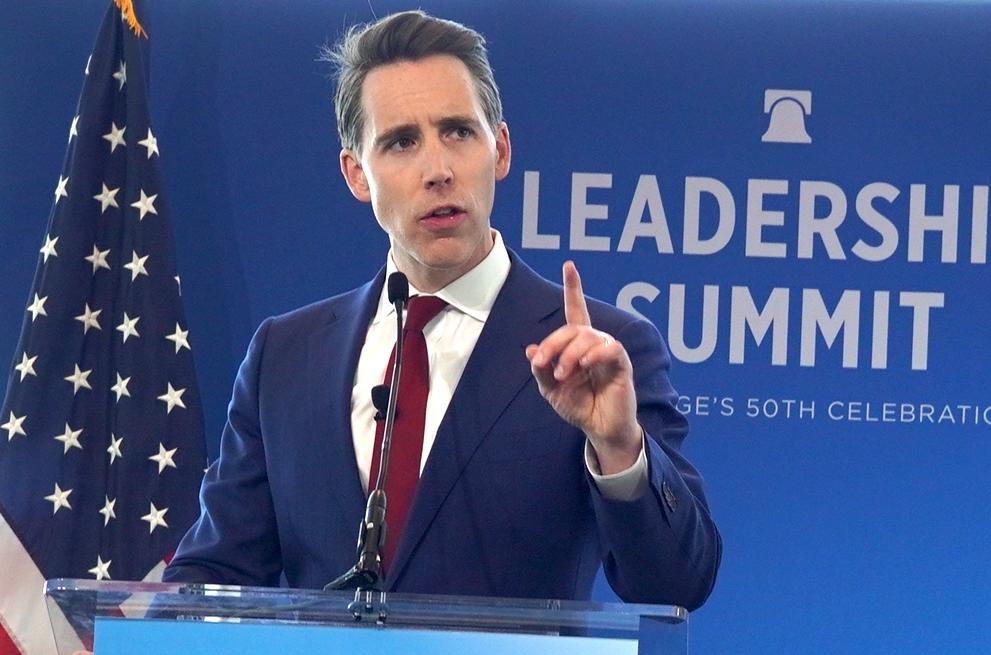NATIONAL HARBOR, Md.—The United States is facing a multi-generational threat from communist China, and must act to immediately insulate its economy and technologies from the regime, according to several lawmakers and experts.
To ensure that the nation does not spiral into economic and societal collapse, great strides need to be made to sever the outflow of labor and capital from the United States to China, said Sen. Josh Hawley (R-Mo.) at an April 20 summit of the Heritage Foundation, a conservative think tank.




